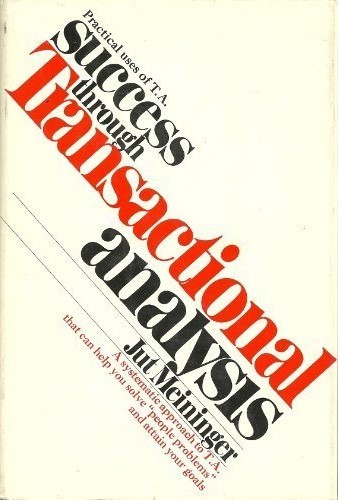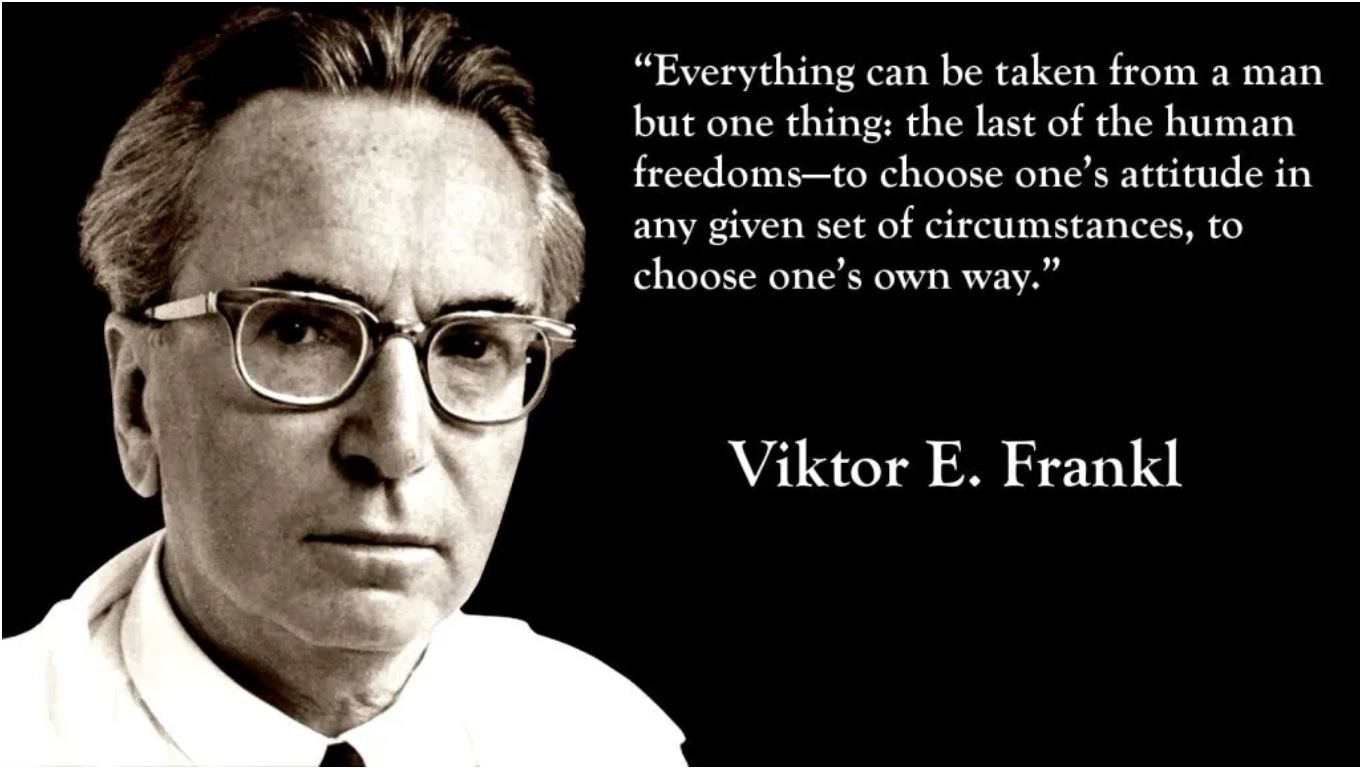Wayne Weedon
Food by Thoughts
While incarcerated in a German concentration camp, the psychiatrist, Viktor Frankl, came to realise, he, and he alone, had control of himself. Any control the guards had over him was just an illusion. When a guard pointed a gun, the decision to obey or not to obey was Viktor Frankl’s. Frankl chose to treat the guard with respect as a fellow human being and, in return, the guard treated him with respect. By keeping his Adult in charge, Frankl survived long enough for the camp to be liberated.
Frankl had discovered the principles of Transactional Analysis which are nothing new. They are known throughout the world, yet the average person in Canada is not aware them. Gerald Massey and Northrop Frye found these principles in eight-thousand-year-old literature. Benjamin Franklin mentioned them in his writings. They are mentioned in Shakespeare’s plays and some popular literature such as To Kill a Mockingbird, Huckleberry Finn, Leaven of Malice, The Wizard of Oz, and Elmer Gantry. These principles have always been there for everyone to see and read about. However, few libraries have books which describe what Transactional Analysis is and how it works. The term Transactional Analysis never appears in newspapers nor magazines. Why? For one thing, Transactional Analysis is bad for business. If people knew about it, possibly, they would change their lives. They may not be so easily fooled and manipulated, and they may not be such good consumers who buy what they do not need with money they do not have.

Justin Meininger, in his book, Success Through Transactional Analysis, clearly states how you, and only you, are responsible for your thoughts, your emotions, and your behaviour. This is what Viktor Frankl tells us in his book, Man’s Search for Meaning. If we are not looking for it, we will never find Transactional Analysis. And, if we do not know it exists, how then will we be looking for it?
Meininger writes about how our justice system promotes the fallacy that we cannot control our thoughts, our emotions, nor our actions. The truth is, declaring we are not responsible because our unconscious mind took control of our feelings and actions is a sophisticated cop-out and a loophole frequently used by lawyers. Psychiatrists such as Eric Berne and Robert Goulding describe how some lawyers will flip-flop on their opinions about a plea of insanity depending on if this lawyer is arguing for the prosecution or the defence.
David Russell Williams, a typical serial rapist and murderer, was a colonel in the Royal Canadian Air Force. He presented his respectable Adult during the daytime but let out his mischievous Child after the sun went down. He is not insane. He is an arrogant man who thought he could get away with it, a true chameleon who fooled everyone. Transactional Analysis teaches a person to not judge a book by its cover and how to spot a chameleon.
The truth is, every one of us has full control of our own life. We are continually being told that the world makes me feel good, or bad, or sad, or angry or whatever. This, however, is not true. You, and only you, are responsible for your thoughts, your feelings, and your behaviour.
Meininger’s books have sold in the millions, but usually not to ordinary people like you and me. These books are purchased and read by salesmen, economists, advertising and marketing executives, evangelists, confidence men and women, politicians, and anyone else who wishes to know how to manipulate people into buying into what they have for sale. Through these books, they learn how to speak directly to the Child inside of you. The Child who lives in fear of anyone in authority, is easily bullied, and tries to get everyone to just have fun. Meininger’s books teach how you can put your Adult in charge of your Child so you can make rational decisions by using common sense. You can learn how to take charge of yourself and to set the direction of your life. You will no longer need someone else to tell you what to do.
What would happen if our justice system was revamped so that the prosecution and the defence, rather than playing a game of war, started co-operating to get to Truth? Defenders would no longer be looking for loopholes in the laws, and prosecutors would no longer be withholding vital evidence. Everyone would be held accountable for their actions and juries would be given all the available evidence. Court cases would not be so prolonged. There would be no more cop-outs, and everyone would be able to have timely justice. Isn’t this the way things are supposed to work?
Next month: Slavery
Wayne Douglas Weedon is a Manitoba author who writes a combination of fictional and factual stories, essays, and novels.




